Open South | Open Source FLC
About the Open Source FLC
The Open South initiative is aimed at promoting the use of open source tools and open access materials through collaboration and development of materials for faculty and staff. Anyone interested in participating is encouraged to reach out to Dr. Steven Clontz.
Faculty/Staff Members
- Steven Clontz
- Carlos Montalvo
- Tracy Cole
- Jana Herrmann
- Heather Butler
- Sean Stalley
- Ricky Green
- Michael Black
- Dakota Lindsey
Useful Links
- AlternativeTo — A great way to search for open source analogues of common software.
- PROSE Consortium
- Directory of Open Access Books
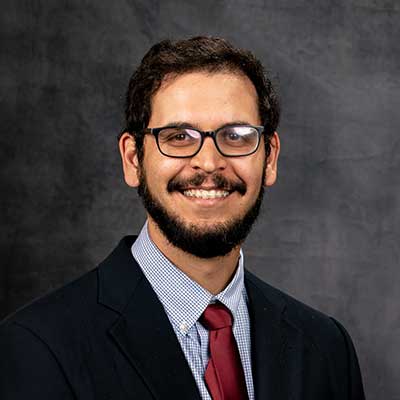
"I have been using open source software since 2008. It's almost as good if not better
than the industry standard and it's free! This relieves a huge financial burden from
myself and my students who are often struggling to make ends meet.”
—Carlos Montalvo
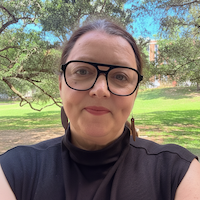
“As an academic librarian here with USA Libraries, I am an active steward of vetted
research information, which includes open access. Open Access (OA) not only contributes
to the research conversation, OA accelerates research, and allows breakthroughs for
creativity, shared ideas, and fundamentally better lives.”
—Tracy Cole
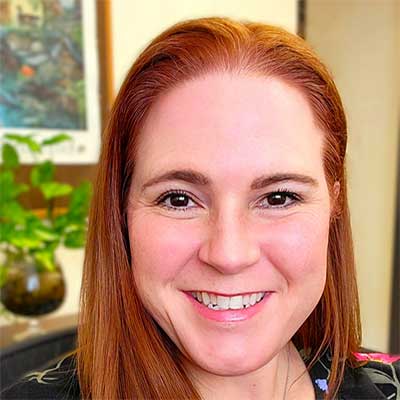
“Showcase your (or your department's) research and scholarly work on JagWorks@USA's
open-access platform.”
—Jana Herrmann
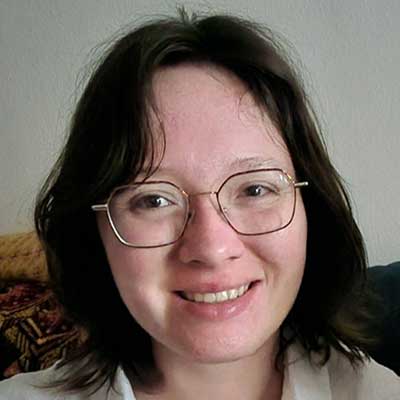
“Open Access articles are more likely to get more diverse citations, including citations
within policies or by practitioners! Let's get sharing your research in a way that
still protects your ownership.”
—Heather Butler
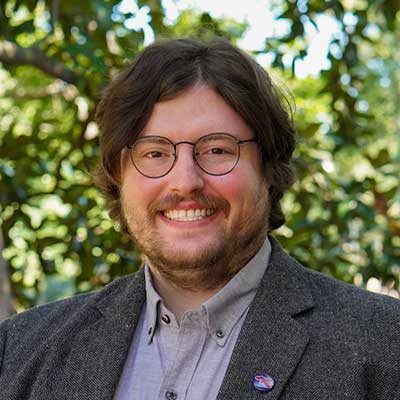
“As both a student and staff member at USA, I have found open source tools to be valuable
for their accessibility and quality, greatly influencing my research and spurring
an interest not only in the work that I do but the tools that I use to do it.”
—Sean Stalley
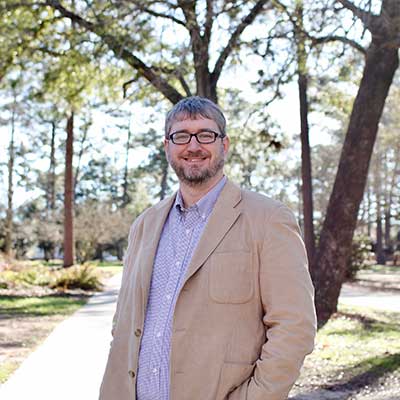
“We are giving scholars the tools to translate existing research into free and open-source
resources that go directly into the hands of students and teachers, while simultaneously
building cyberinfrastructure that will enable the next generation of educational research.”
—Steven Clontz
